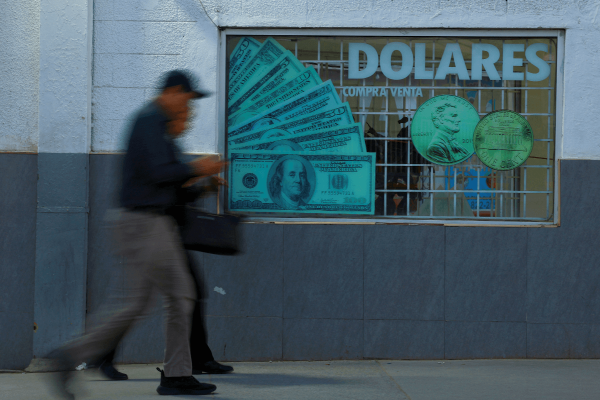Apr 10, 2025
In these tumultuous moments, I’m tempted to worry about my own retirement savings — a threat that is especially acute for those nearing retirement. These are real fears. Yet, as Christians, we also must pay attention to those who will feel the most severe impacts of this economic malpractice. And the sad truth is that these reckless tariffs will be especially harmful for people who don’t even have a 401(k), let alone any way to seek redress for U.S. government policies likely to increase inflation and spark a recession.
Read the Full Article

Already a subscriber? Login
